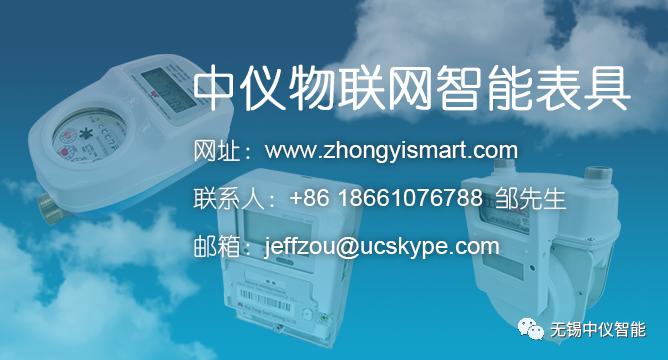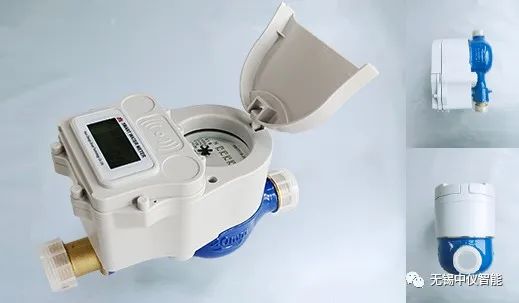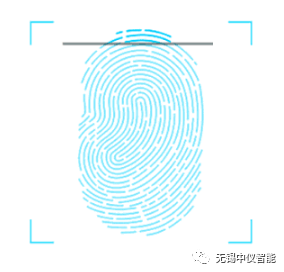
LoRaWAN water meters and NB-IoT smart water meters are currently two common IoT water meter technologies in the market. They have some differences in terms of cost-effectiveness and advantages, which need to be considered based on actual needs and application scenarios.
First, let’s understand LoRaWAN water meters. LoRaWAN is a low-power wide-area network communication protocol that offers long-distance transmission capabilities and low power consumption advantages. LoRaWAN water meters can transmit data wirelessly over long distances, making them suitable for large-scale applications such as urban water management. They have lower costs and higher communication stability, enabling features like smart remote meter reading, data monitoring, and analysis. LoRaWAN water meters offer high cost-effectiveness, making them suitable for large-scale deployment and long-term use.
On the other hand, NB-IoT smart water meters are based on narrowband IoT technology. NB-IoT has lower power consumption and higher indoor coverage capabilities, making it suitable for smaller-scale applications, such as community water meter management. NB-IoT smart water meters require the establishment of an IoT platform and sensor network, resulting in relatively higher deployment and maintenance costs. However, they offer higher security and communication stability, enabling features like smart remote monitoring, real-time data transmission, and anomaly alerts.

So, which water meter technology has more advantages?
This depends on specific needs and application scenarios. If you need to achieve remote meter reading and monitoring of water meter data over a large area while considering cost and stability, then LoRaWAN water meters are a good choice. They can meet the demands of large-scale deployment and long-term use, with lower costs and higher communication stability.
If your application scenario is small-scale water meter management, such as in a community or building, and you have higher requirements for communication security and stability, then NB-IoT smart water meters may be more suitable. Although their deployment and maintenance costs are relatively high, they can achieve real-time data transmission and anomaly alerts, providing more refined monitoring and management methods for water management.
In summary, whether to choose LoRaWAN water meters or NB-IoT smart water meters requires a comprehensive consideration of actual needs, application scenarios, costs, and communication stability. Only by making a choice based on specific circumstances can one achieve higher cost-effectiveness and better advantages in water meter technology.
(Domestic)
Mobile:18661076788(WeChatNumber)
Phone:0510–88717081
QQ:1687168855
Email:jeffzou@ucskype.com
(International)
Mobile+8618661076788(WeChatNumber)
Phone:+86510–88717081
Email:jeffzou@ucskype.com
Formoreinformationpleaseconsult:www.zhongyismart.com

LongPressFingerprintRecognitionTwoDimensionalCodeFollowPublicAccountandSharetoFriendsCircle

